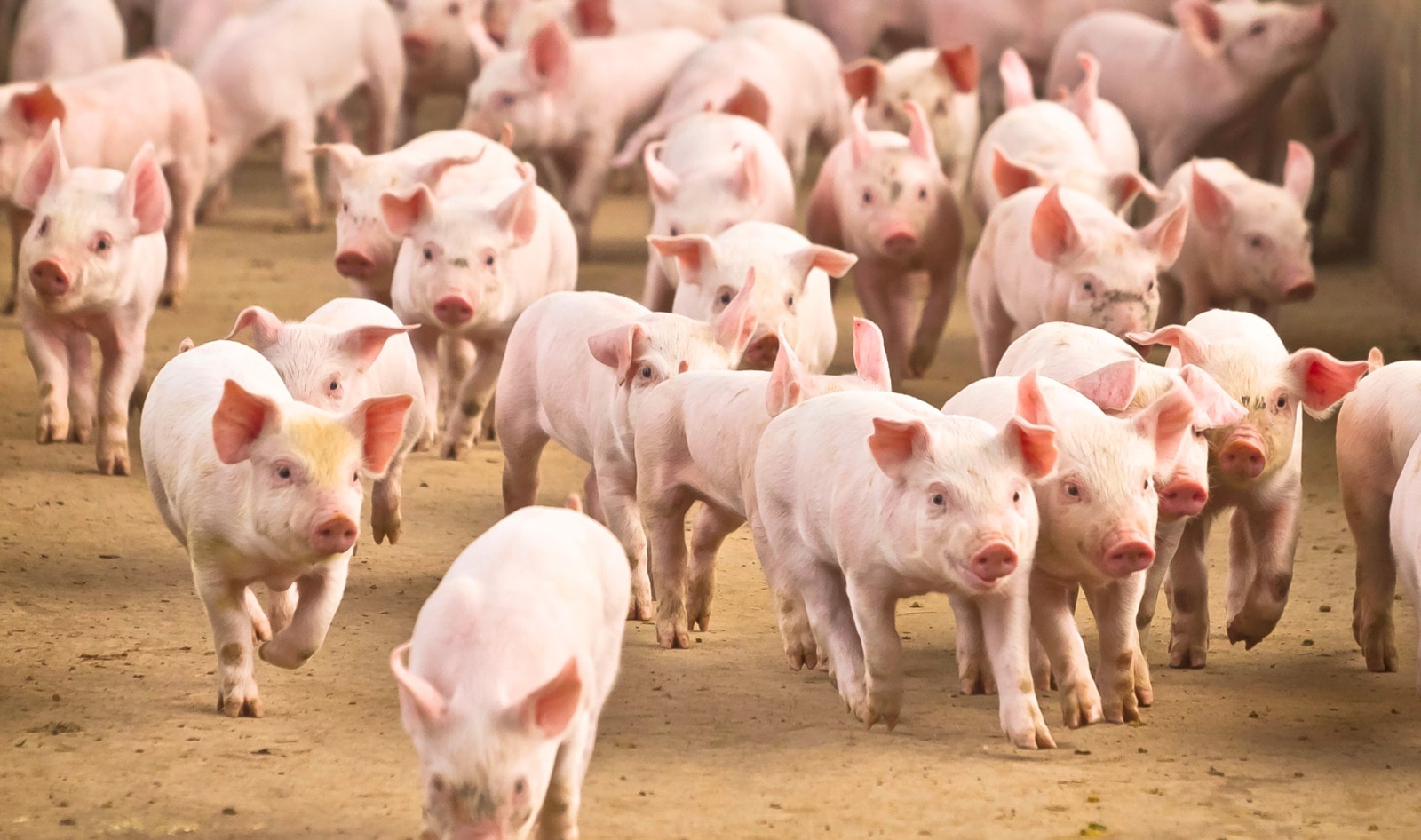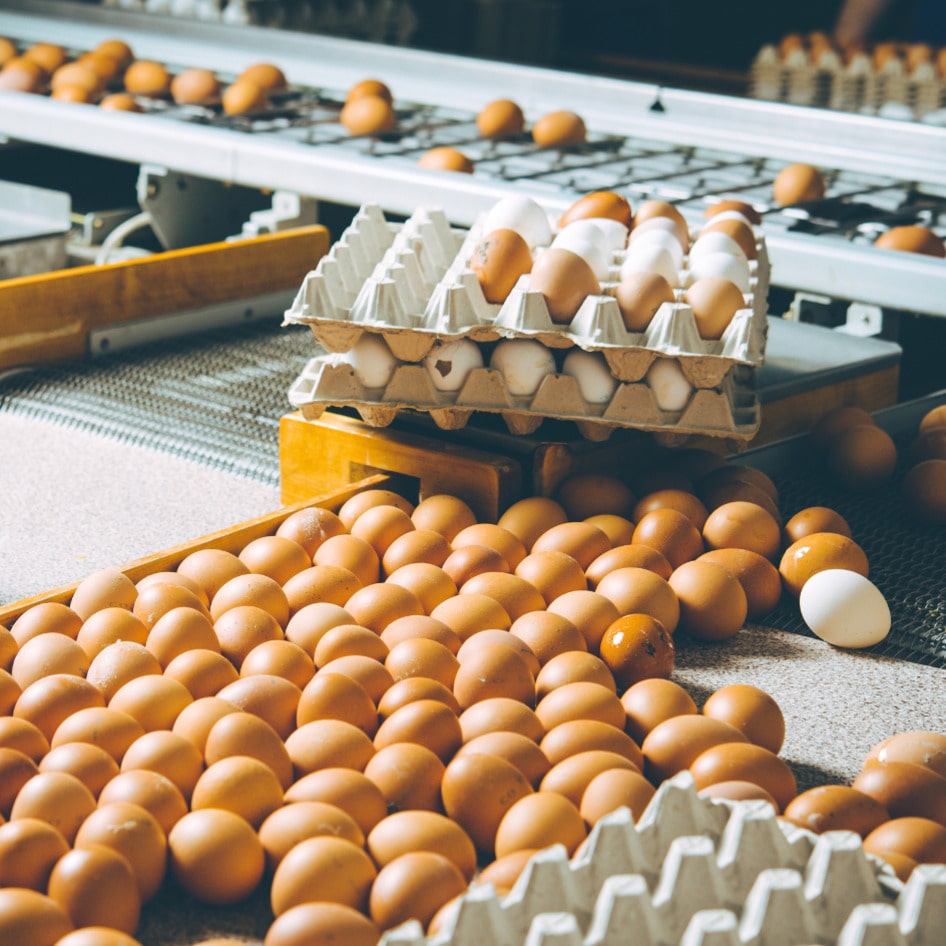Pork is the most popular meat in the Netherlands. On average, Dutch people consume around 36.5 kilograms per person each year. That’s the equivalent of roughly 300 packs of bacon annually.
But this appetite for pork may soon change. For the first time in nearly 50 years, the number of pigs in the Netherlands has fallen below 10 million, and the average Dutch pig farmer now has about half as many animals as they did in 2000.
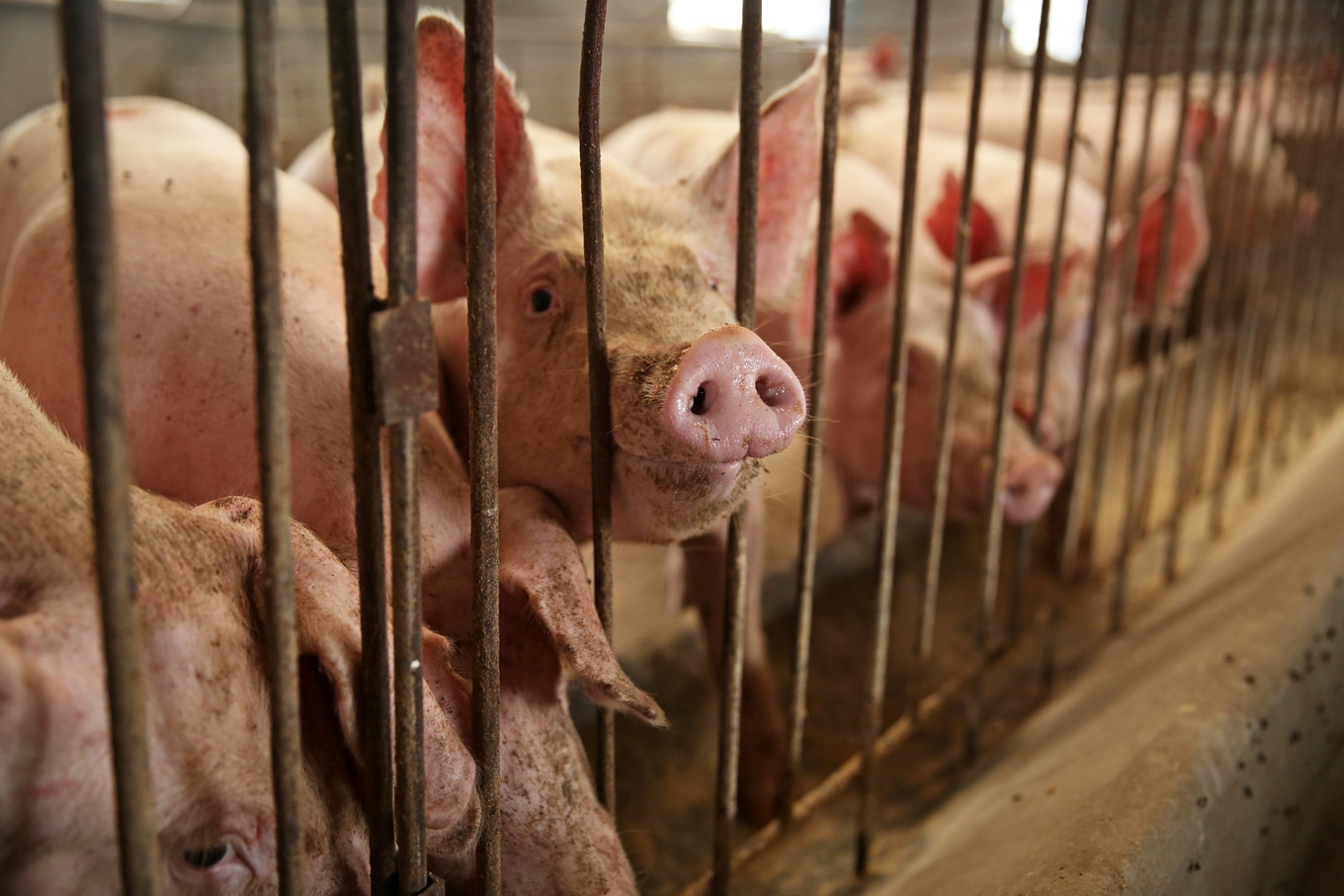 World Animal Protection
World Animal Protection
This decline is no accident: since 2019, the Dutch government has been deliberately shrinking the pork industry for environmental reasons.
Why are pig numbers declining in the Netherlands?
In 2021, the Dutch government announced a nearly $30 billion plan to drastically cut the number of farmed animals in the country. The driving force behind the move? The planet.
The Netherlands doesn’t just produce meat for its own citizens; it’s also the biggest meat exporter in Europe. To meet demand, the country farms nearly 100 million animals, each producing manure that releases pollutants like ammonia and nitrates into the environment.
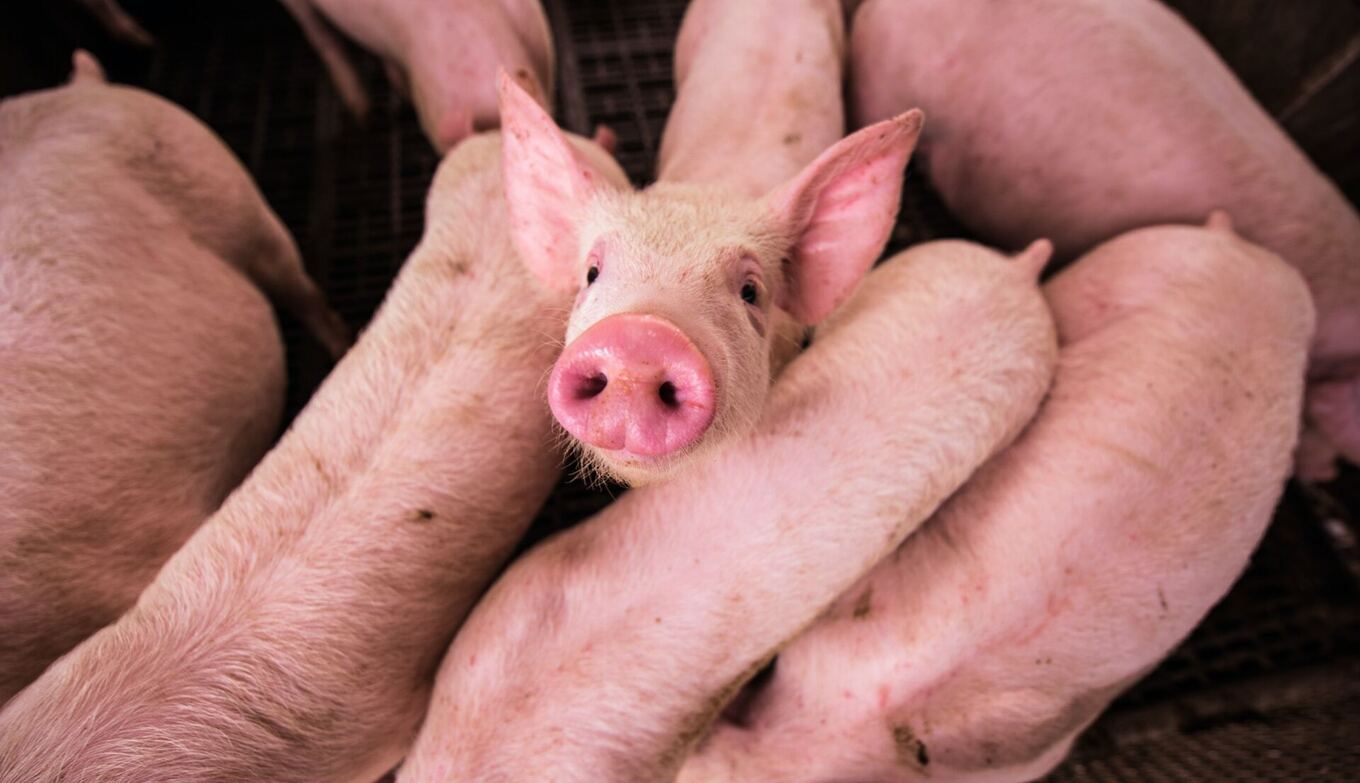 Unsplash
Unsplash
The scale of the problem is significant. In its 2018 to 2019 Frontiers Report, the United Nations Environment Program identified nitrogen pollution as one of the most pressing threats facing humanity. There are many reasons for that, but some of the most serious include nitrogen’s contribution to toxic algal blooms that create ocean dead zones, and that it drives the release of nitrous oxide, a greenhouse gas nearly 300 times more potent than carbon dioxide.
To address this, the Netherlands has committed to reducing its farm animal population by nearly one-third. It’s not just pig numbers that have been reduced; the number of cows has also declined. In 2015, there were around 4 million cows in the Netherlands; now, there are roughly 3.7 million.
“All the signs are red,” Natasja Oerlemans, Head of Food at World Wide Fund for Nature (WWF) Netherlands, said in a 2023 interview with The Guardian. “The production system of meat and dairy in the Netherlands can no longer be held at this level. That’s been clear for years.”
The need for a global, plant-forward food system
The Netherlands isn’t alone. The US, which farms more than 10 billion animals for food every year, also faces a major nitrogen problem. In fact, the entire world does. In 2020, research from the United Nations Food and Agriculture Organization estimated that the livestock sector accounts for about one-third of all nitrogen emissions.
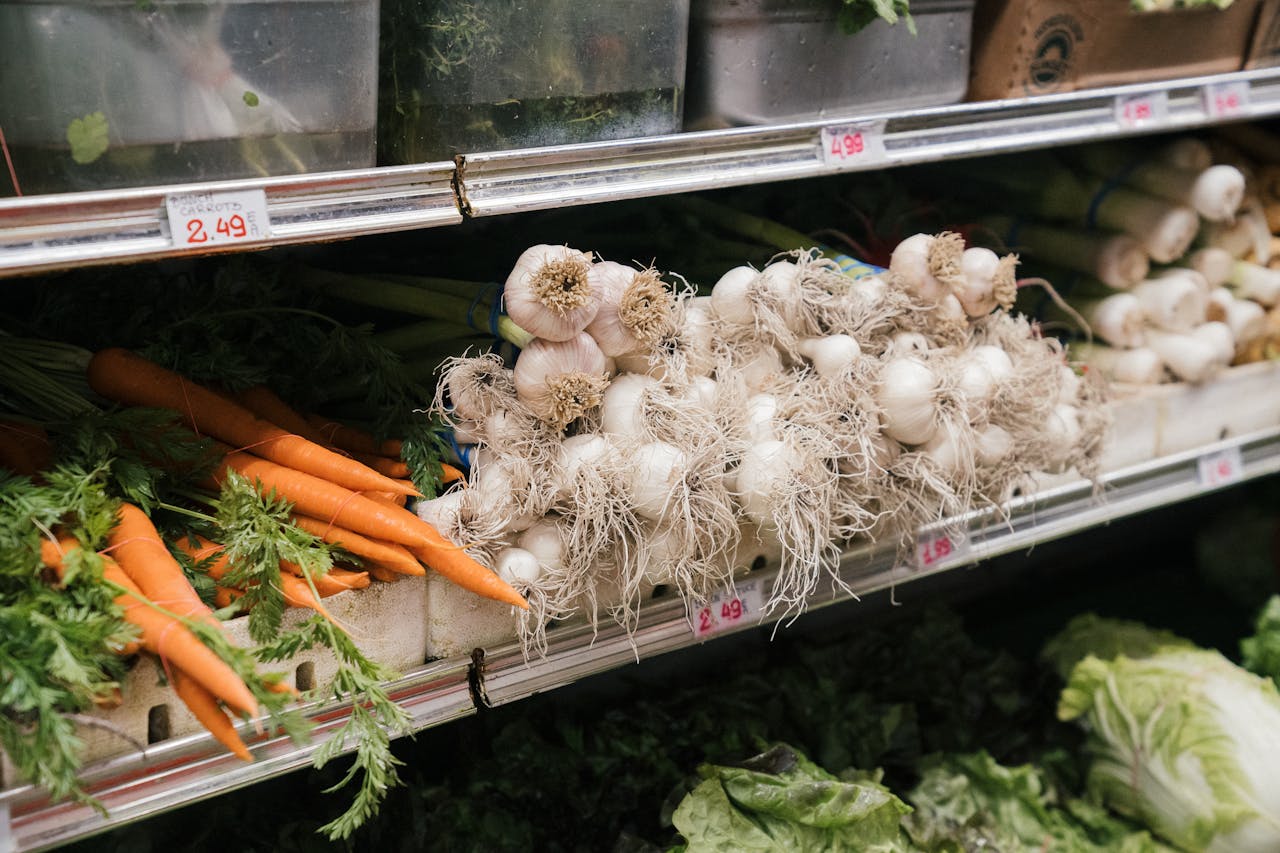 Pexels
Pexels
This is why many experts are calling for a shift toward a plant-forward food system. A 2023 report from the Joint Research Center, for example, suggested that moving to plant-based diets could cut nitrogen emissions by as much as 50 percent.
“We all need to think about our food choices,” said Mark Sutton of the UK Center for Ecology & Hydrology about the report. “Our food choices are affecting water pollution and climate change. So we all need to contribute.”
For more plant-based stories like this, read:
JUMP TO ... Latest News | Recipes | Guides | Health | Subscribe

